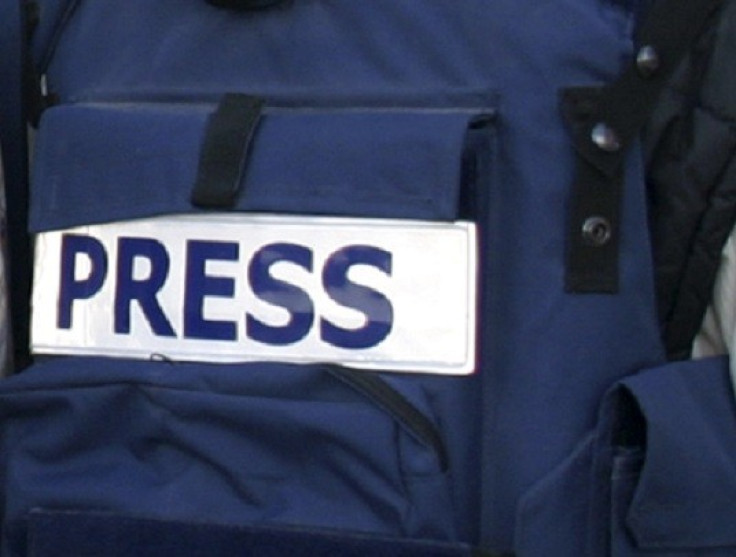2013: The Second Worst Year for Journalists With 52 Killed and 211 Jailed

The year 2013 was the second-worst year on record for journalists across the world, with as many as 52 killed and 211 imprisoned by governments, a survey has revealed.
According to the Committee to Protect Journalists (CPJ), 73 journalists were killed for their work and 232 were jailed in 2012, making it the worst year for journalists since the census started in 1990.
The number of reporters jailed or killed this year fell compared with the previous year, but the data is a grim reminder of state atrocities and heavy-handed restrictions on press in many countries.
While Turkey topped the list with 40 imprisonments this year, Iran jailed about 35 reporters. China followed closely with 32 detentions.
Turkey leads the CPJ annual census of country-wise reported imprisonments for the second consecutive year. The country also dropped in Press Freedom Index ratings, which placed it at 154<sup>th position, compared with 148 last year.
Even though China and Iran account for fewer imprisonments, Press Freedom Index 2013 rates China and Iran much below Turkey in terms of overall level of freedom of information exchange.
Turkey, Iran and China used mostly anti-state charges to detain a total of 107 reporters, bloggers, and editors who were critical of the state.
The three countries together accounted for more than half of 211 journalist imprisonments across the world in 2013.
"Jailing journalists for their work is the hallmark of an intolerant, repressive society," said Joel Simon, CPJ executive director.
Vietnam intensified the crackdown on bloggers as the number of jailed journalists rose from 14 in 2012 to 18 this year.
"It is disturbing to see the number of jailed journalists rise in countries like Vietnam and Egypt," said Simon.
"But it is frankly shocking that Turkey would be the world's worst jailer of journalists for the second year in a row."
In May, thousands of demonstrators across Turkey had protested against the lack of freedom of speech, press, assembly, and excessive use of force. by the police. The widespread protests had also provoked retaliatory anti-press rhetoric by the government, followed by the sacking of leading journalists and additional restrictions on online speech.
Iran released many prisoners on furlough this year, but they are uncertain about their future as they may anytime be summoned back to jail to complete the rest of their terms. However, Iranian authorities made several new arrests and condemned reformist journalists to lengthy prison sentences, the CPJ report said.
Although China released some prisoners this year, it resorted to fresh crackdown on online anti-state criticism allegedly related to corruption by officials, leading to new arrests in August.
Syria was the riskiest country for journalists owing to the civil war that broke out two years ago. The number of journalists imprisoned by the Syrian government came down to 12 from 15 in the previous year, but many have been abducted and are believed to be held by opposition Jihadi groups. As of November, about 30 journalists were missing in Syria.
Eritrea, Vietnam, Syria, Azerbaijan, Ethiopia, Egypt and Uzbekistan were the other countries with the highest detention rates of reporters, bloggers and editors.
Eritrea is the world's worst abuser of due process, according to the CPJ and it is consistently ranked last on Press Freedom Index with the world's worst track record of abusing journalists' rights.
© Copyright IBTimes 2024. All rights reserved.





